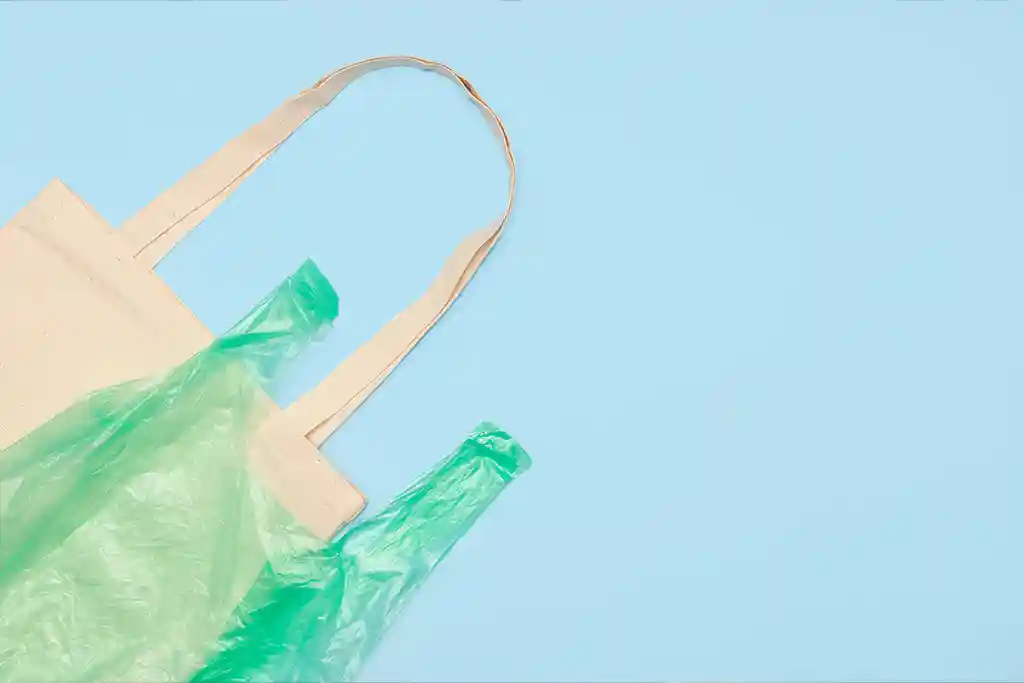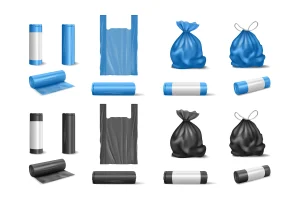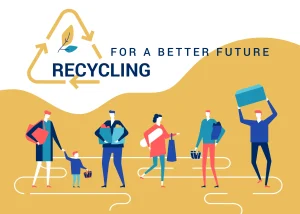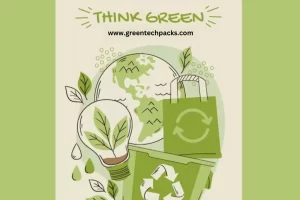Choosing the right bag is important for both people and the planet. With rising concerns about plastic pollution, many individuals and businesses are switching to compostable bags. These eco-friendly bags are a better option than regular plastic bags in many ways. Let’s explore the top 7 benefits of compostable bags vs. plastic bags and how they support a greener, more sustainable future
Made from Natural Compostable Materials
Compostable bags are made from plant-based materials such as cornstarch, sugarcane, or cassava. These compostable materials break down naturally in compost, unlike plastic bags, which are made from oil-based products and can harm the environment.
Decompose Faster Than Plastic Bags
Plastic bags can take hundreds of years to break down. In comparison, biodegradable bags like compostable ones can break down in just a few months under proper composting conditions. This helps to reduce plastic waste and protect the environment.
Environmentally Friendly and Safe
Environmentally friendly bags do not release harmful chemicals when they break down. They return to the earth without polluting soil or water. Compostable shopping bags are a safer choice for nature and support green packaging solutions.
Perfect for Zero Waste Packaging
For people following a zero-waste lifestyle, compostable bags are a perfect fit. They support eco-conscious packaging by helping reduce waste in landfills and promoting sustainable daily habits.
Best Eco-Friendly Packaging for Businesses
Many companies now prefer eco-friendly packaging to show their care for the environment. Compostable bags are a great option to replace traditional plastic bags. They also attract customers who want to shop sustainably.
Supports Sustainable Packaging Goals
Using compostable bags helps support long-term sustainable packaging efforts. These bags lower the carbon footprint and move us closer to a plastic-free future. The eco packaging benefits are not just about waste, but also about climate and health.
Helps Reduce Plastic Pollution
Plastic pollution harms oceans, animals, and even humans. Replacing plastic with compostable bags is one of the best plastic pollution solutions available today. It helps protect the planet for future generations.
Make the Smart Switch to Compostable and Sustainable Packaging
Choosing compostable vs. plastic bags is more than just a small step, it’s a big move toward a green future. With so many benefits, including faster breakdown, less pollution, and better health for the earth, compostable bags are the smart choice for anyone who wants to live or do business in a more sustainable and eco-friendly way. Start using compostable bags today — good for your business, your customers, and the environment
FAQ
Do compostable bags break down in landfills?
Most compostable bags don’t break down well in landfills because there isn’t enough air or moisture. They need special composting places to fully decompose and avoid pollution.
Are compostable bags better than recycled plastic bags?
Compostable bags help reduce waste when composted properly. They can be better than recycled plastic if composting systems are available, but they don’t work in recycling processes.
What is the difference between compostable bags and biodegradable bags?
Compostable bags break down completely into natural soil in the right composting conditions. Biodegradable bags may take longer and might leave some waste behind. Compostable bags are usually better for the environment.
Quick Facts
| Benefit | Compostable Bags | Plastic Bags |
| 1. Eco-Friendly Materials | Made from renewable, plant-based sources like corn starch; ideal for eco-friendly packaging. | Made from non-renewable fossil fuels; harmful to the environment. |
| 2. Biodegradable & Compostable | Break down naturally in composting environments; perfect for zero-waste lifestyles. | Do not decompose; create long-lasting microplastic pollution. |
| 3. Lower Carbon Footprint | Require less energy and produce fewer emissions during manufacturing; support low-impact living. | High carbon emissions from production and disposal. |
| 4.Safer for Wildlife and Oceans | Non-toxic and safer if ingested by animals; supports plastic-free oceans. | Dangerous to marine and land animals; can often cause injury or death. |
| 5. Positive Brand Image | Attracts eco-conscious customers; strengthens green business branding. | Viewed negatively by consumers and regulators due to environmental impact |







